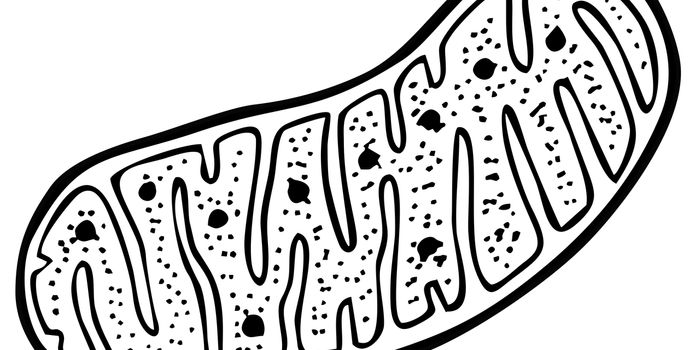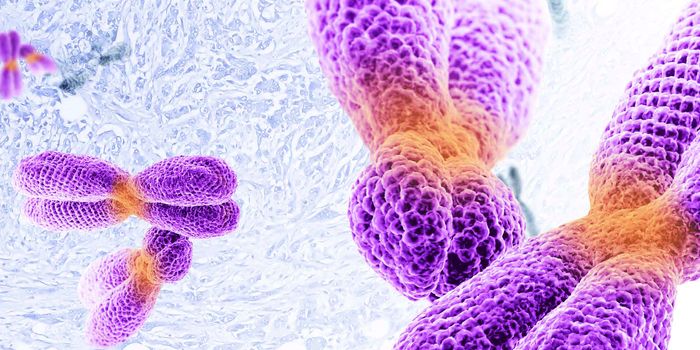Natural Killer Cells Could be the Key to New Treatment Options for Blood Cancers
Natural killer (NK) cells represent an important class of immune cells involved in anti-tumor immunity. Once identifying a tumor cell, NK cells use small particles to kill the cancer cell.
Our understanding of the role of NK cells in anti-tumor immunity has led to the development of techniques that transfer NK cells from a healthy individual into a cancer patient. Such approaches, known as allogeneic NK cell adoptive transfer, have effectively treated certain types of leukemia and lymphoma. While such strategies can induce remission, clinical challenges about the survival and function of the transferred NK cells exist. Thus, research focused on enhancing the ability of transferred NK cells to survive and maintain their ability to function has become highly valuable in an effort to provide new, efficacious therapeutic options.
A new report published in Science Translational Medicine finds that a vitamin supplement could effectively improve the efficacy of NK cell adoptive transfer treatment. Supported by pre-clinical studies, the investigators conducted a phase 1 clinical trial to test a new method for processing NK cells before transferring them to a patient.
Once removed from a healthy donor, NK cells undergo processing in a laboratory to increase their numbers or provide additional resources to prepare them to identify and kill cancer cells once administered to the patient. In this study (NCT03019666), the researchers treated NK cells in the laboratory. The researchers supplemented the NK cells with interleukin-15 (IL-15), a protein (cytokine) that activates NK cells, and nicotinamide (NAM), a form of vitamin B3.
The NAM-expanded allogeneic NK cell therapy, called GDA-201, requires a specialized production facility. Good manufacturing practices (GMP) describe a highly controlled system used to ensure that products used for human treatment, such as pharmaceutical drugs or cell products like GDA-201, are generated consistently with minimal risk. Ultimately, GMP facilities help provide safe products for human use.
The trial enrolled non-Hodgkin lymphoma (NHL) and multiple myeloma (MM) patients. Patients received NK adoptive transfer and rituximab, a monoclonal antibody treatment that targets a protein called CD20, which is highly expressed on B cells, the type of immune cells where some blood cancers, including NHL and MM, develop. In addition, patients received the cytokine IL-2 to promote NK cell survival and replication.
The study enrolled 20 patients with NHL, including 10 with follicular lymphoma, nine with diffuse large B cell lymphoma, and 1 with mantle cell lymphoma. Following treatment, 19 patients had data that researchers could evaluate for response rate. The researchers reported a high overall response rate of 74%.
Notably, the researchers detected GDA-201 cells in the blood, bone marrow, and tumor tissue of treated patients for up to 14 days, indicating good cell survival of the transferred cells. The side effects associated with GDA-201 appeared minimal, and the researchers reported all toxicities as well tolerated.
Taken together, the authors expect the treatment regimen of GDA-201 plus rituximab and IL-2 to be safe and efficacious. As the current phase 1 study evaluates safety, the data support further investigation of this regimen for efficacy. The data presented here suggests the possibility of a novel therapeutic approach that could prove beneficial to patients with blood cancers.
Sources: Cancers, Cancer J, J Clin Invest, Sci Transl Med, Muscles Ligaments Tendons J









